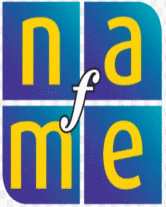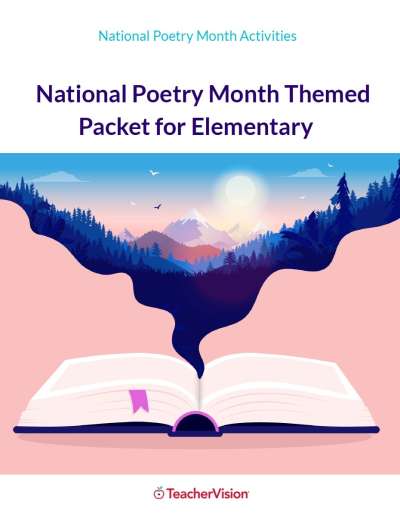Help students in grades K-4 with rhythm and melody by using the echo technique and basic percussion instruments.
Standard 2d
Performing on instruments, alone and with others, a varied repertoire of music:Students echo short rhythms and melodic patterns.Procedures
The teacher divides the class into two groups. Using body percussion or rhythm instruments, the teacher claps or taps rhythm patterns or phrases, including rhythms derived from songs or instrumental parts the students have performed or will perform. One group echoes the teacher, using body percussion or rhythm instruments, while the second group listens to check the first group's accuracy. The students in Group 2 report what they have heard and then take over the task of echoing the teacher while Group I listens and reports.Next, Group I echoes the teacher, and Group 2 echoes Group 1. Students give "self-reports" about their own performances to a friend. The groups switch tasks and repeat the procedure. Students volunteer to lead the echoes and provide the rhythm patterns or phrases for the class groups to imitate.
At the conclusion of the echo activity, the teacher makes a transition to a song, instrumental part, or listening example by asking the students to find one of the patterns they have echoed in the new piece.
The instructional activity is successful when:
- The students accurately echo short rhythmic phrases.
- The students distinguish between accurate and inaccurate performances ofshort rhythmic phrases.
Excerpted from Teaching Examples: Ideas for Music Educators.

| Provided in partnership with NAfME |
Help students in grades K-4 with rhythm and melody by using the echo technique and basic percussion instruments.
Subjects
TYPE:



